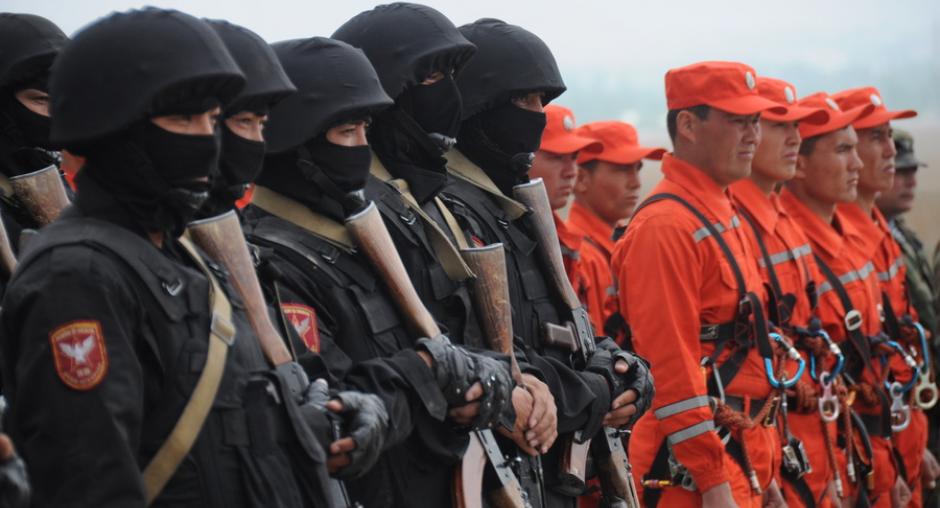Countering transnational threats
The need to "connect the dots" and co-ordinate action when it comes to combating transnational threats such as terrorism, organized crime, cyber crime and trafficking in drugs, arms and human beings has never been clearer.
Recognizing that by definition no one state or organization can effectively tackle transnational challenges alone, states have taken advantage of the OSCE’s broad membership, thematic expertise and comprehensive approach to security to develop collective responses that cut across the politico-military, economic and environmental and human dimensions of security.
The OSCE Foreign Ministers agreed at the 2009 Athens Ministerial Council to step up efforts to address transnational threats in accordance with the 2003 OSCE Strategy to Address Threats to Security and Stability in the 21st Century, making "full use of the OSCE’s expertise and comparative advantages".
OSCE States also recognized that strong democratic institutions and the rule of law play an important role in preventing transnational threats from arising in the first place, and reaffirmed the respect for human rights and fundamental freedoms, democracy and the rule of law that underpins the OSCE’s comprehensive concept of security.
The OSCE offers participating States a number of tools to tackle transnational threats, including through the Secretariat’s Action against Terrorism Unit, the Strategic Police Matters Unit, the Office of the Special Representative on Trafficking in Human Beings, and the Office of the Co-ordinator on Economic and Environmental Activities and the Conflict Prevention Centre’s borders unit.
Contributing to the stabilization of the situation in Afghanistan and curbing threats emanating from the country are also important parts of the OSCE’s work to combat transnational threats, and OSCE field operations on the ground in Central Asia play an important role in this regard.

